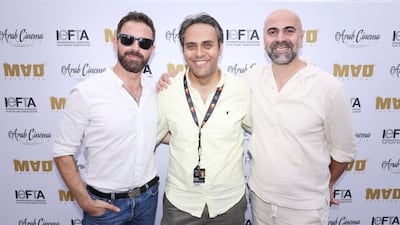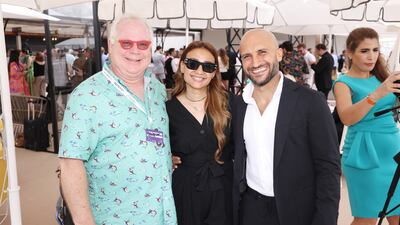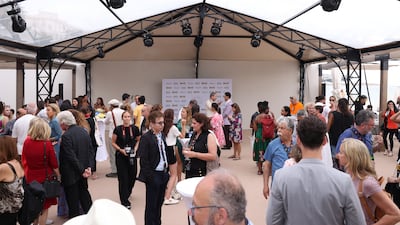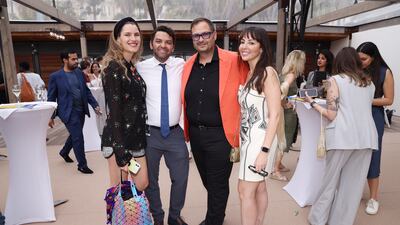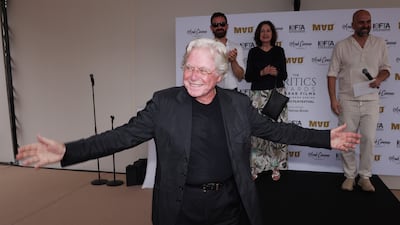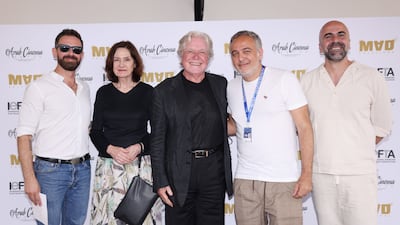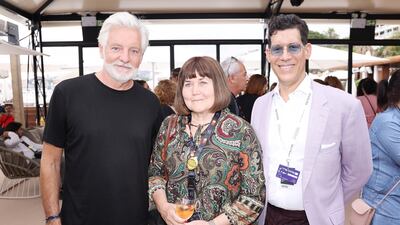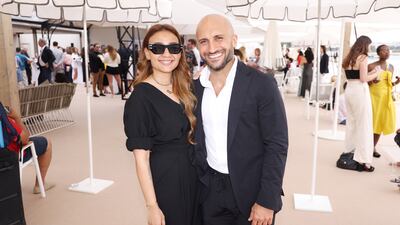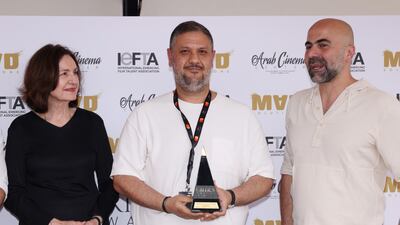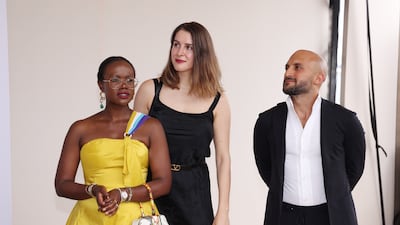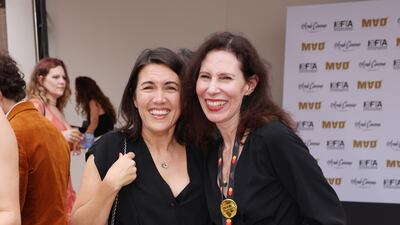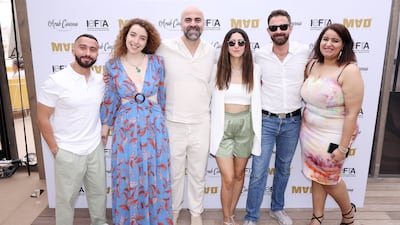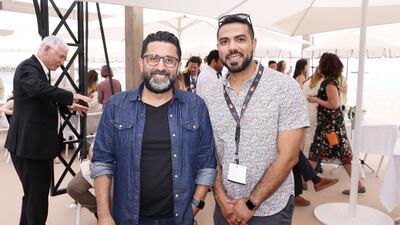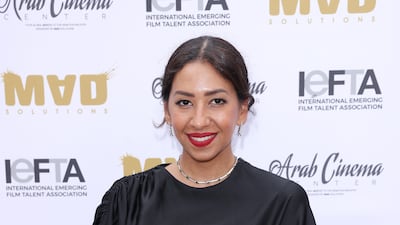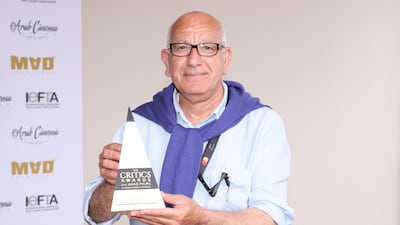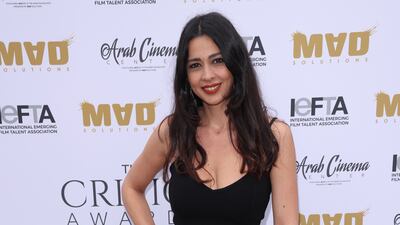Tarik Saleh, the Swedish-Egyptian filmmaker whose new movie Boy From Heaven had its premiere in competition at the Cannes Film Festival 2022, has a maxim he lives by. It’s from Stig Larsson, the Swedish author and director who co-wrote Saleh’s 2009 animated sci-fi Metropia. “He has a quote: ‘The person that enters the field first picks the most beautiful flowers.’ And as I can enter fields that no one has entered with a camera, I can pick up very beautiful flowers.”
It’s exactly what Saleh does in Boy from Heaven. The film is about a fisherman’s son, Adam (Tawfeek Barhom), who arrives on a scholarship at Cairo’s Al-Azhar University only to become embroiled in a conspiracy around the choosing of the next Grand Imam. Saleh has form in this area; his 2017 crime film The Nile Hilton Incident, the story of a murdered artist, dealt with corruption in the Egyptian police force. It won the grand jury prize at the Sundance Film Festival, but was also banned in Egypt.
Both films feature the considerable presence of Fares Fares, the Swedish-Lebanese actor who in Boy from Heaven has been made to look older, greyer and more haggard. He plays Colonel Ibrahim, an agent of Egyptian State Security, who has a mole planted at Al-Azhar University, one of the world’s most noted places for studying the teachings of Sunni Islam. But after this luckless spy is murdered, Ibrahim settles on Adam as his next plant in this centuries-old institution. Just a peek inside this very cloistered universe, “the beacon of the Islamic world” as one character notes, is fascinating and unforgettable.

Saleh, speaking during the festival, makes no apologies for producing a complex film about the inner workings of Al-Azhar University. “I don’t make an information film for you,” says Saleh. “Forget that. A lot of western audiences will say ‘I need to be told, I need to understand, I didn’t understand.’ I’m not your teacher. This is a film. You will know what the characters know.” As the story unfolds, power struggles take place as different factions look to install favoured candidates for the next Grand Imam, the nation’s esteemed Islamic religious leader.
While it was shot in Turkey and Sweden (very convincingly, it should be noted), the film will almost certainly cause consternation in Egypt; again, corruption and scandal ingrained in society is a major theme here. There are scenes of intimidation and torture, as Adam gets in way too deep. For this young man who comes from the coastal village of Manzala, it’s a disturbing journey he’s forced on; a brutal coming-of-age tale.
At first, Fares’ character helps out by arranging surgery required by Adam’s father. But such favours come with a price. He has eyes everywhere, telling Adam not to contact his village’s Imam when he solicits him for advice. There’s a ruthlessness to the Colonel, and others around him who grasp at positions of importance. “Power is a double-edged sword,” we’re told towards the end of the film. “It can easily cut your own hand.”
Raised in Stockholm by a Swedish mother and an Egyptian father, Saleh says he’s not a political filmmaker in the traditional sense. “I’m interested in a more universal theme, which is authority. Of course it’s political to investigate how authority works and how power is executed and how do you become powerful. But I don’t have a political statement [to make] in the film.” He also makes an important distinction; it’s a fictional film, not one based on any historical event.
For Saleh, it’s also a story that comes from a very intimate place. “My grandfather and grandmother, they came from villages in the Nile Delta, and they both got their education in the 1930s in Egypt,” he says. “Especially my grandmother to take that step, it’s huge. And then they got married out of love, which was very rare at that time. My grandmother got the certificate from the king to be able to work and then they were sent to a fishing village that I describe in the film, and they were educating fishermen’s children. My father was born there. So it’s a very personal story for me in that sense.”
Indeed, some of the film’s most touching scenes come between Adam and his family. He’s seen sleeping with his brothers all in a single, threadbare room, or being helped by his father on to the bus bound for his new life. “If God wants you to go to Cairo, no one can stand in His way,” Adam is told. It certainly contrasts to the meetings with the Colonel, who uses Adam like a pawn, forcing him to meet in an American cafe where they exchange information over their brownies and lattes. “We don’t decide our fate. God chose you,” the Colonel says. “You chose me,” comes Adam’s blunt reply.
What is clear is that Boy from Heaven is not an attack on the Islamic faith. Whether the film will convince the jury, led by French actor Vincent Lindon, to award it the festival’s top prize, the Palme d’Or, remains to be seen. A detective story staged in a setting many in the West know little about, it’s unquestionably one of the most unique films to have been screened at this year’s Cannes.
The Cannes Film Festival runs until May 28


